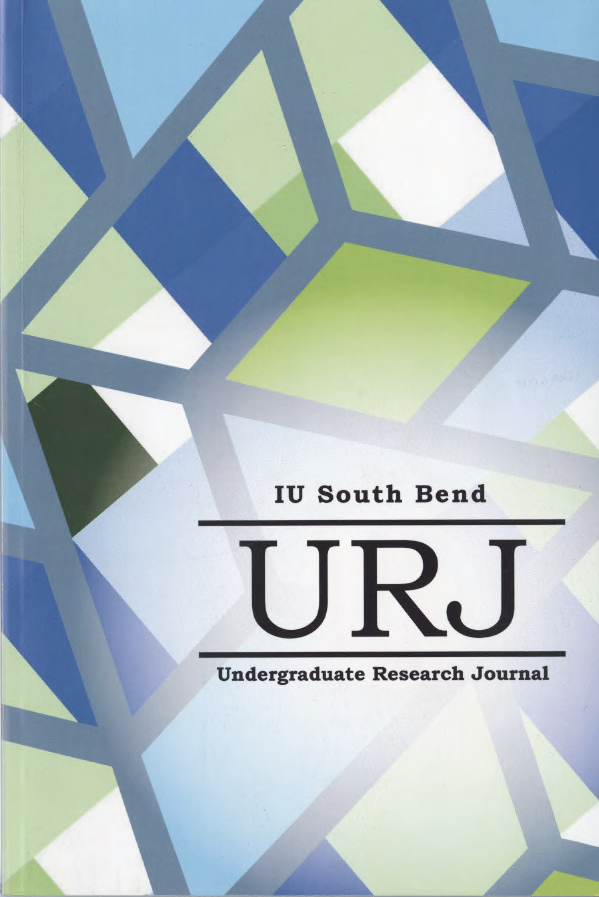Testimony and Accuracy: How Memory's Truth Can Become Fiction
Main Article Content
Abstract
The present study assesses the effect wording has on testimony accuracy and corresponding confidence amongst 58 participants. The experiment began with an audio recording of a fictional crime scory. Participants described the events of the crime in their own words. Testimony confidence was also measured. The sample was split into three groups: a control group that did not receive the independent variable (control: N= I 9), a group that received multiple choice questions with language taken directly from the audio recording (exact wording group; N= 19), and a group that received language different from what was used in the audio recording (different wording group: N=20). When measuring the effect wording had on both testimony and confidence, statistically insignificant results were round. However, the present study did find that memory is unreliable and untrustworthy where valid testimony is concerned.
